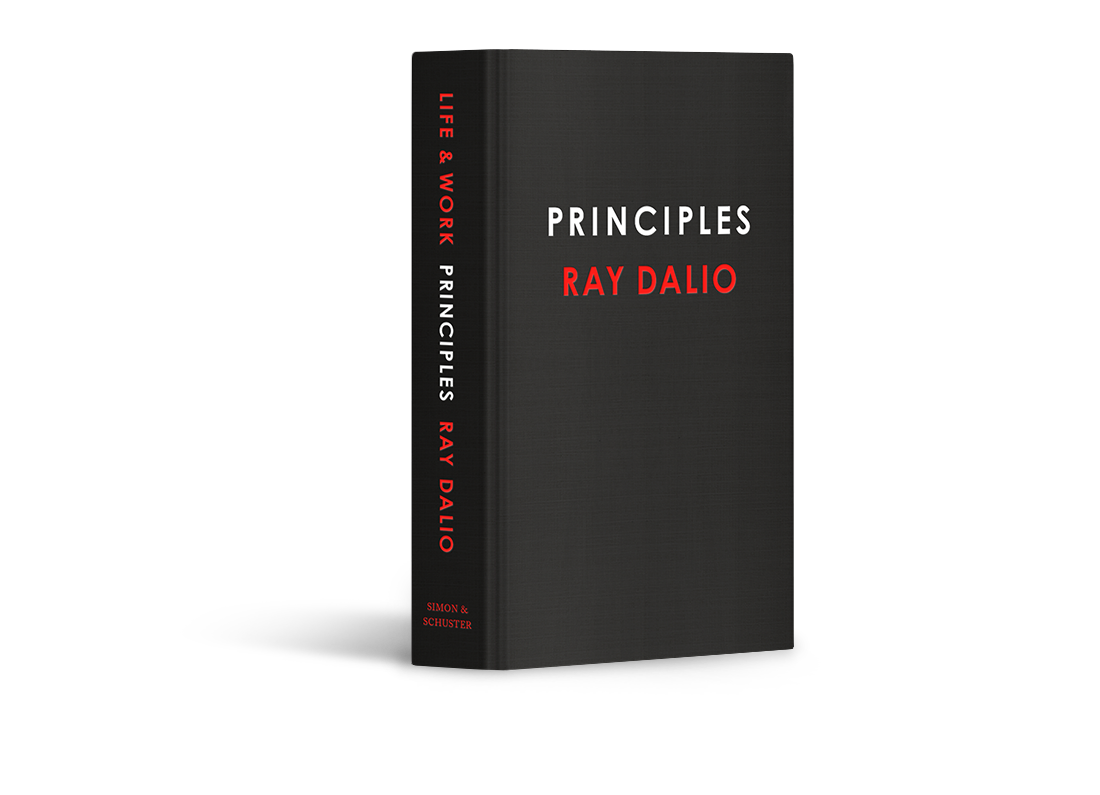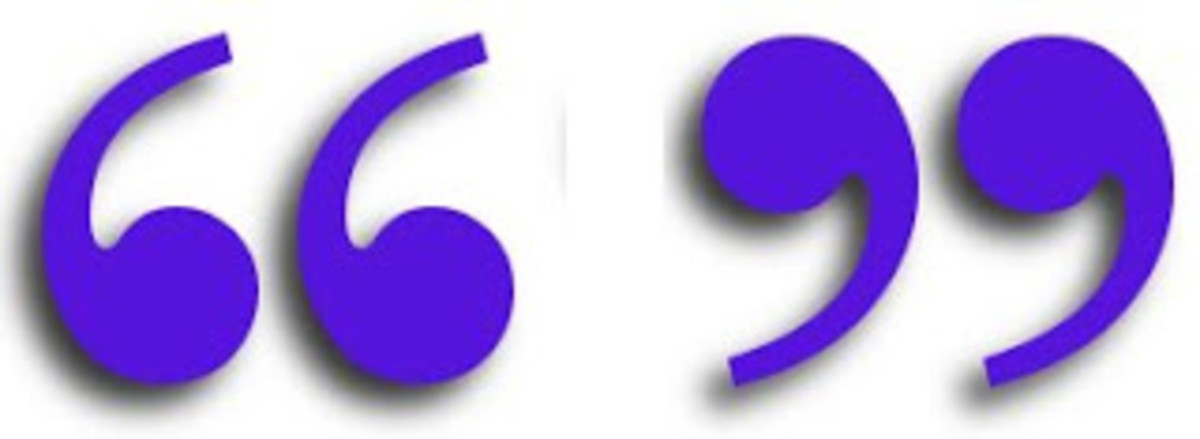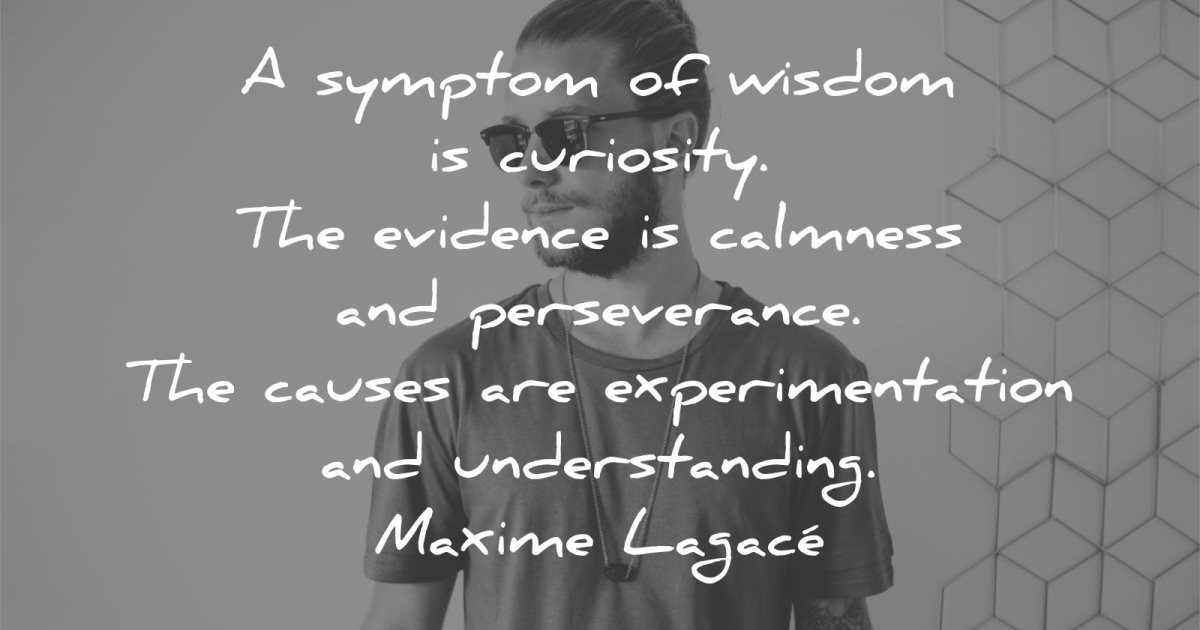
 Perspective [wisdom]: Being able to provide wise counsel to others; having ways of looking at the world that make sense to oneself and to other people (Source: VIA Institute)
Perspective [wisdom]: Being able to provide wise counsel to others; having ways of looking at the world that make sense to oneself and to other people (Source: VIA Institute)
Perspective is distinct from intelligence but represents a high level of knowledge, the capacity to give advice and to recognize and weight multiple sides before making decisions. It allows the individual to address important questions about the conduct and meaning of life. Learn more at Via Institute on Character
The Noel Strengths Academy defines it this way:
A person with perspective is perceived as being wise
- Able to get inside someone else’s point of view
- Insightful beyond the facts
- Able to give sound guidance
- Can explain the reasons why in a way that makes sense to oneself and other people
 |

Yes, strengths can be overused…or underused
- Underuse: Conformity
- Overuse: Eccentricity
Key Research:
- Rank order of Perspective/Wisdom in populations from:
- US : 9;
- European: 9
- Asia: 13
- Latin America: 14
- Sub-Saharan Africa: 12
- Middle east: 9
- The character strengths most associated with the meaning route to happiness are religiousness, gratitude, hope, zest, and curiosity; those most associated with the engagement route to happiness are zest, curiosity, hope, perseverance, and perspective; and those most associated with the pleasure route to happiness are humor, zest, hope, social intelligence, and love (Peterson et al., 2007)
- After controlling for IQ, strengths of perseverance, fairness, gratitude, honesty, hope, and perspective predicted GPA (Park & Peterson, 2008a).
- Hope, kindness, social intelligence, self-regulation, and perspective buffer against the negative effects of stress and trauma (Park & Peterson, 2006c; Park & Peterson, 2009a).
- A positive association was found between the character strengths of wisdom and creative work performance among over 700 employees from 200 organizations in Pakistan (Kalyar & Kalyar, 2018).
- A study of strengths under the virtue of wisdom (creativity, curiosity, judgment, love of learning, and perspective) found them to be related to higher performance on a creative task and negatively related to stress (Avey et al., 2012).
- In a study of character strengths and adolescent peer relationships, the strengths deemed most desirable/important in a friend were honesty, humor, kindness, and fairness, and those most connected with higher peer acceptance were perspective, love, kindness, social intelligence, teamwork, leadership, and humor (Wagner, 2018).
- Top 10 (rank order) strengths expressed at work: honesty, judgment, perspective, fairness, perseverance, love of learning, leadership, zest, curiosity, social intelligence.
Read this excellent essay on Wisdom.
|
Put into action the recommendations from the Authentic Happiness Coaching Newsletter on Wisdom
- Read the works of great thinkers and religious leaders (e.g., Gandhi, Buddha, Jesus, Mother Theresa, Nelson Mandela). Read classic works of literature. Contemplate the “wisdom of the ages.”
- Think of the wisest person you know. Try to live each day as that person would live.
- Look up prominent people in history and learn their views on important issues of their day.
- Volunteer at a nursing home and talk with residents about their lives and the lessons they have learned.
- Subscribe to two news editorial publications that are on opposite ends of the political spectrum (e.g., The National Review for the conservative perspective and The Nation for the liberal perspective). Read them both and consider both sides of the issues.
Tayyab Rashid and Afroze Anjum offer 340 Ways to Use VIA Character Strengths including these four for Wisdom/Perspective:
- Explain the broad outlook of your life in one or two sentences as a weekly exercise. Monitor whether temporary events have an impact on your overall perspective. If you do see this pattern, brainstorm on ways that your perspective remains constant through daily joys and struggles.
- Read quotes of wisdom and re-write them as small, practical steps for yourself. Leave them as notes for yourself in locations where you deal with challenges, such as an office desk or by a phone.
- Reflect on the moral implications of scientific endeavors that directly affect your life. Think of who that you know would benefit from or be harmed by contentious issues in science.
- Mentor a child in your neighborhood. Remember a role model that you had as a child and try to emulate their qualities.
In an intimate talk, Barry Schwartz dives into the question “How do we do the right thing?” With help from collaborator Kenneth Sharpe, he shares stories that illustrate the difference between following the rules and truly choosing wisely.
 Principles holds the set of rules for work and life billionaire investor and CEO of the most successful fund in history, Ray Dalio, has acquired through his 40-year career in finance.
Principles holds the set of rules for work and life billionaire investor and CEO of the most successful fund in history, Ray Dalio, has acquired through his 40-year career in finance.
See more at Four Minute Summary
 Tim Ferris has two excellent books with excepts from interviews from his great podcast.
Tim Ferris has two excellent books with excepts from interviews from his great podcast.
The first,Tools Of Titans, is a massive compendium of everything Tim Ferriss has learned about health, wealth and wisdom from interviewing over 200 world-class performers on his podcast, The Tim Ferriss show. See more at Four Minute Summary
 The Second, Tribe of Mentors,is a collection of over 100 mini-interviews, where some of the world’s most successful people share their ideas around habits, learning, money, relationships, failure, success, and life. See more at Four Minute Summary
The Second, Tribe of Mentors,is a collection of over 100 mini-interviews, where some of the world’s most successful people share their ideas around habits, learning, money, relationships, failure, success, and life. See more at Four Minute Summary

Podcasts to feed your Wisdom:
- Long form interviews on the Tim Ferris Show
- Another long form interviews on the James Altucher show
- One more Cal Fussman: Big Question
- 10 Minute Meditation for Inner Wisdom from Great meditation
- 20 Minute Guided Meditation – Accessing your Inner Wisdom
- Meditation On Perspective from Insight Timer
- Flipping Perspective from Insight Timer

Quotations on Wisdom








